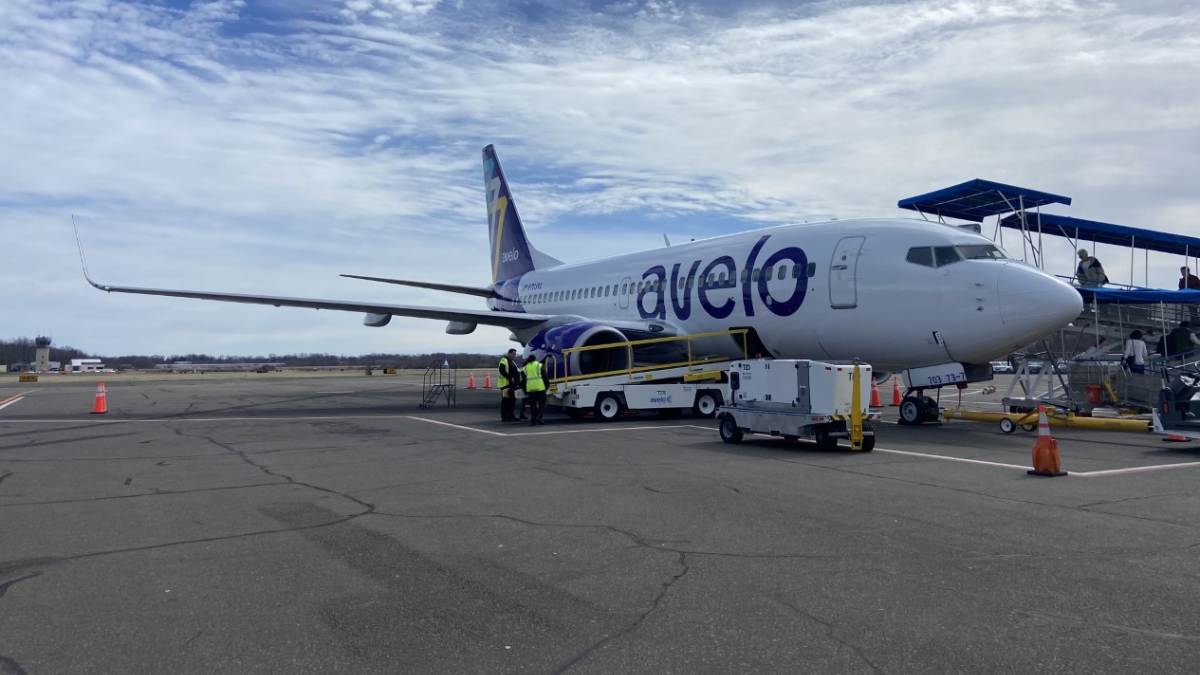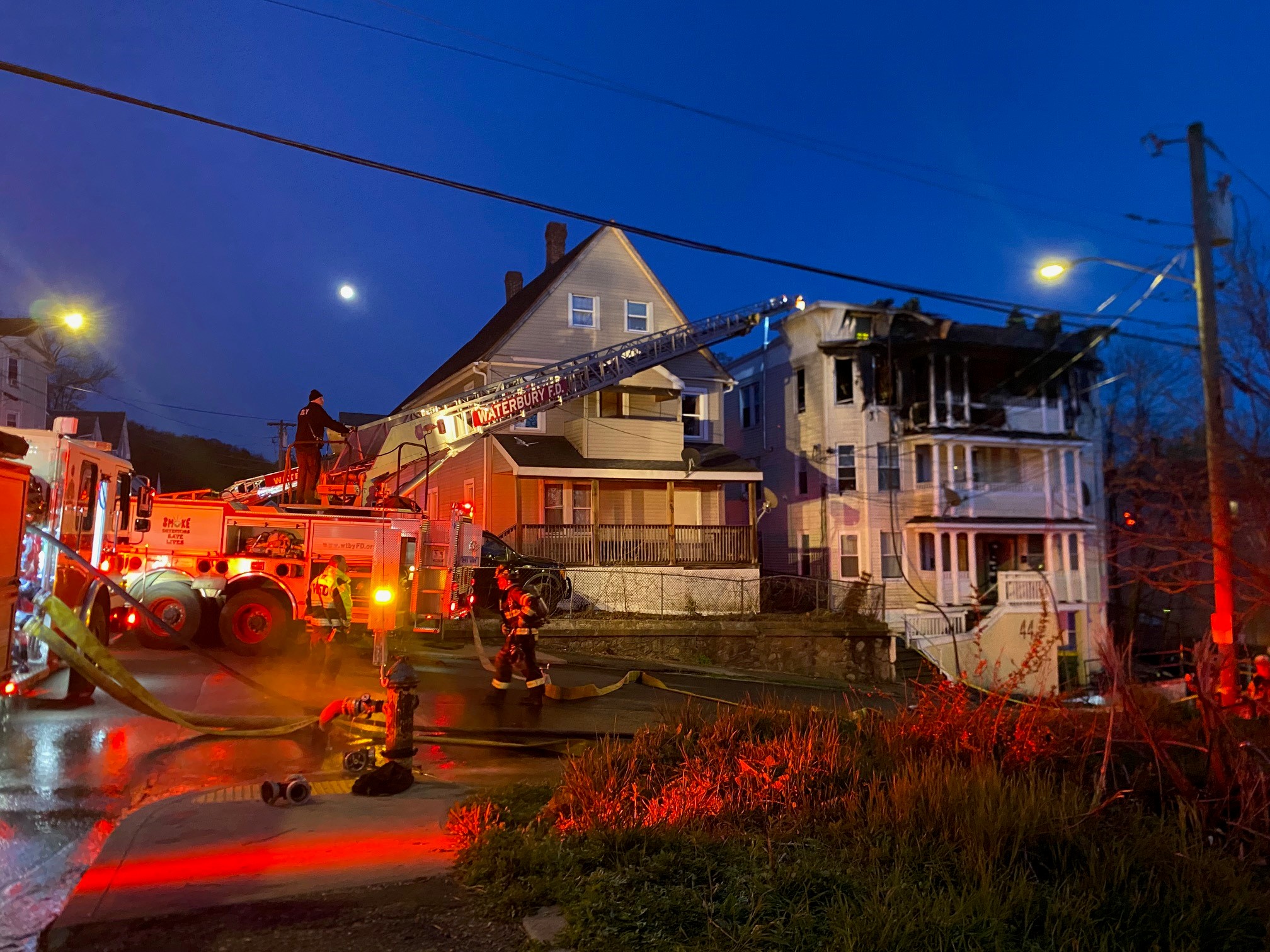Attorney General William Tong is seeking new legislation that would help better combat price gouging and help the state enforce it.
During civil preparedness and public health emergencies, Tong said, price gouging is against the law in Connecticut.
“It is never OK to take advantage of your neighbors and your community and your customers,” Tong said.
The Office of the Attorney General received more than 750 coronavirus-related price gouging complaints last year on food, liquor, and restaurant supplies.
The industry hit hardest was healthcare.
“We saw early-on offers to sell PPE to hospitals and healthcare systems at exorbitant prices. I mean millions of dollars,” Tong said.
Tong said existing statutes hindered the state's ability to crack down on those who were trying to take advantage of the shortages of PPE and essential items.
Local
"We are talking about massive price increases on essential and life-saving items like masks, sanitizer and even toilet paper. It became clear early on that the existing price-gouging statute was severely limited and did not adequately protect families and businesses," Tong said in part.
Connecticut Children’s Medical Center said it had to lock in a two-year contract for gowns at $410 per week and Hartford HealthCare said it spent seven times the normal amount on PPE in 2020 compared to 2019.
“Even now, we’re seeing four and five times the price that we saw prior,” Sharon Fried, vice president of supply chain management for Harford HealthCare, said.
According to Tong, there were three shortcomings that limited the statute's effectiveness including that it only applies to retail sales, it does not adequately define price gouging and it does not clearly state that it applies to lease and rental items.
"Profiteering off pain and panic during a crisis is wrong, and against the law. We are seeking new legislation to strengthen our ability to hold price gougers accountable and protect consumers,” Tong added in part.
In order to address the shortcomings in the existing statute, Tong has proposed new legislation.
First, it would expand beyond retail. Tong said the state's current price gouging statue only applies to retail sales, excluding wholesale and sales within the supply chain.
Tong said during the pandemic, investigators learned the retail price of items had increased, but sometimes the retail seller was not responsible for the increase. Instead the cost of the item had changed by the wholesaler to the retailer, which forced the retailer to raise the price at the point of sale, he said. In many cases, retailers reduced their normal mark-ups in an effort to keep the retail prices lower, he added.
Second, the new legislation would clearly define price gouging behavior. Right now, Tong said the current price gouging statute defines price gouging as, "an increase in “the price of any item” during a declared emergency, unless the increases are due to, “fluctuation[s] in the price of items sold at retail which occur during the normal course of business.” According to Tong, that language doesn't offer clear guidance to consumers, businesses or the Office of the Attorney General about what constitutes price gouging that's illegal in Connecticut.
Tong said the proposed legislation would define price gouging as "to prohibit the sale of certain goods or services “for an amount which represents an unconsciously excessive price.”
Third, the new legislation would include rentals and leases. According to Tong, the current statute says “[n]o person, firm or corporation shall increase the price of any item,” but it's unclear if it applies only to items sold or if it also applies for rentals and leases. In the proposed legislation, Tong said it would clarify that it is illegal to rent or lease products and services at an unconscionable price.
Tong is expected to testify in favor of the proposed legislation in front of the General Law Committee on Thursday.



